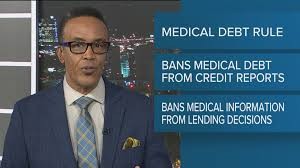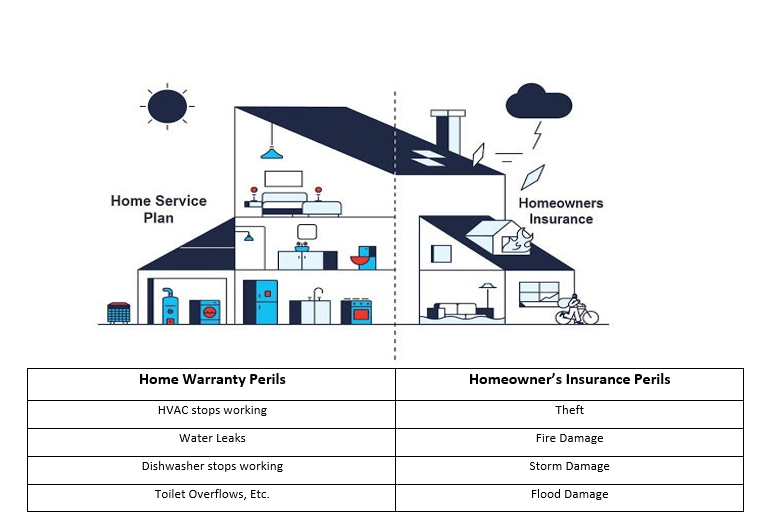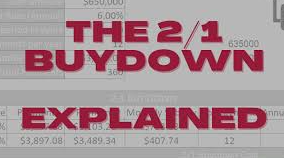Formally defined as, “The financial ability and soundness of a business or individual to afford the purchase of real property”, there is much more to Buying Power meets the eye. If you are a prospective buyer of real estate, of course is makes sense to know what your buying power is… or what you can afford to buy. But the biggest mistake most buyers make is focusing on just one of the factors that determines Buying Power instead of all of them. Most buyers focus on price alone. Well what about down payment? What about loan rate? What about loan fees?
Most buyers don’t have a good feel for what they can afford to purchase until that purchase is broken down in to what their monthly payment will be. Most of us live month to month when considering our income and expenses. So, until we know and are comfortable with a specific payment, we usually don’t move forward. After all, you’ll live with the monthly payments, not the sales price.
Let’s see how this plays out with regards to loan rate alone…
Assume you are a buyer that can afford a maximum monthly housing payment of $3500/mo. including your principal, interest, taxes and insurance based on your lender’s prequalification. And you have $160,000 max as your down payment.
| Scenario A | Scenario B | Variance | |||
|---|---|---|---|---|---|
| Purchase Price | $ 802,000 | $ 920,000 | $ 118,000 | ||
| Down Payment | $ 160,000 | (20%) | $ 160,000 | (17%) | |
| Loan Amount | $ 642,000 | $ 760,000 | |||
| Loan Rate (30-yr Fixed) | 5.000% | 4.000% | 1.000% | ||
| Principle & Interest Payment | $ 2,548 | $ 2,436 | |||
| Taxes (1.20%) | $ 802 | $ 920 | |||
| Insurance | $ 150 | $ 150 | |||
| Total Housing Payment | $ 3,500 | $ 3,506 | |||
Notice the payments on both scenarios are just about the same at $3,500. By adjusting nothing but the interest rate alone from 5% to 4% increases our buying power by $118,000; from $803k to all the way up to $920,000. That might be the difference in affording an extra bedroom or a swimming pool or a fantastic view! And conversely, a 1% increase in rate in this scenario is going to reduce your buying power by $118,000!
So what good does it do for you to “wait for prices to go down” if interest rates go up during your waiting period? In this scenario, NO good at all. Even if your target home dropped in price by $100k, but the rate increased by just 1% during that time, you’d still be suffering a net negative effect on your payment and your buying power.
The take-away here is to not focus on just the price of the home but rather look at the other factors as well that affect your buying power and ultimately, your monthly payment. If rates go up, your buying power goes down!
Hint: If you have good Realtor that understands financing, ask him about “buying down” your rate as another strategy to lower your monthly payments.












